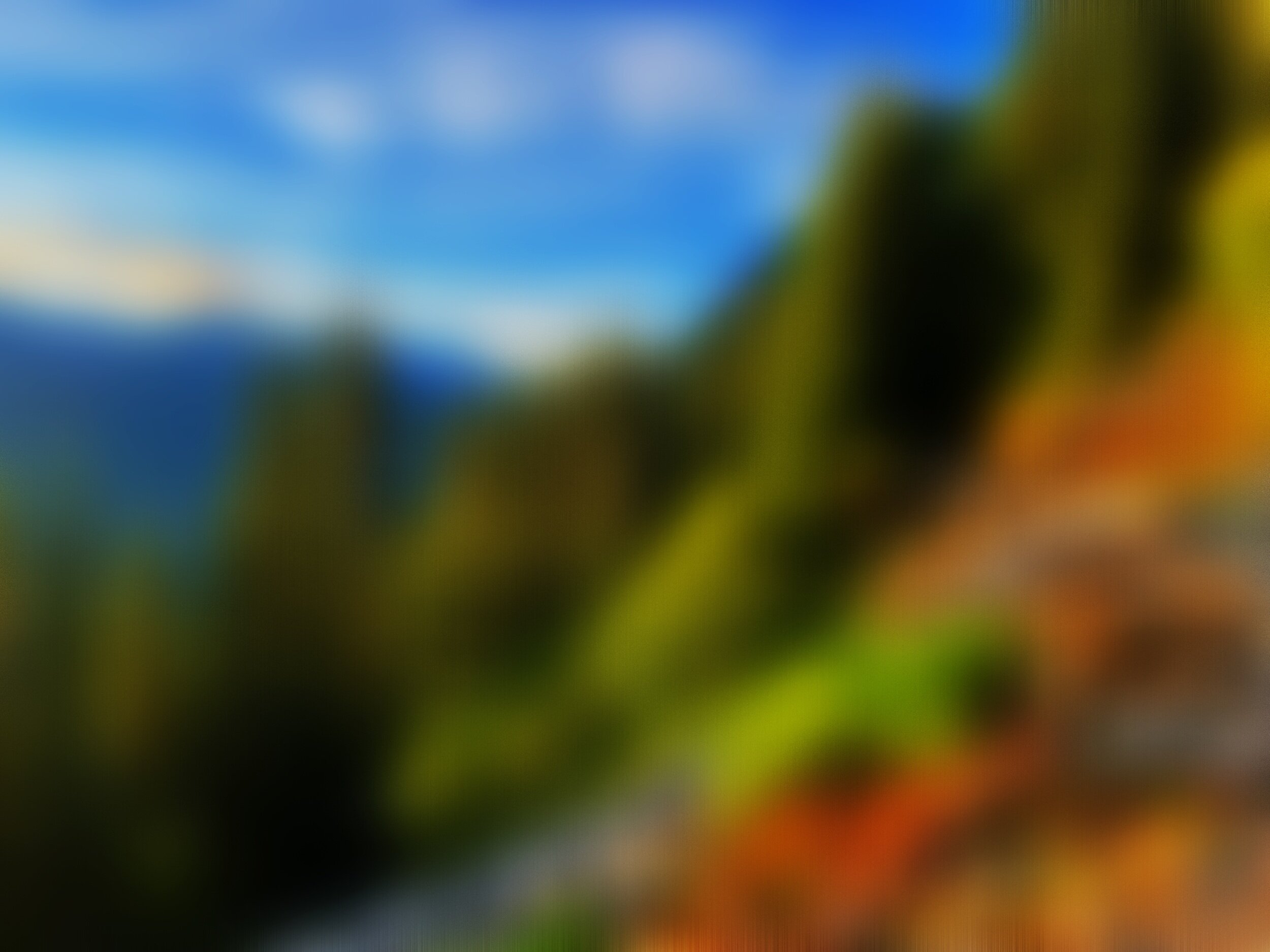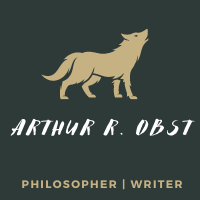
During the 25-26’ academic year, I am a Research Fellow at The University of Chicago in the Climate Systems Engineering initiative, investigating the ethics and governance of ‘geoengineering’ technologies.
Here’s a feature about my work from a few years back that still paints a nice portrait of me as a philosopher and a person.
Scroll down to find out more about my research.
Climate Justice |
I came of age during the turn of the millennium, paddling the Wisconsin and Wolf rivers and hiking the dramatic rock formations of Devil’s Lake. At the beginning, I had little understanding of how these natural places had been carved by unimaginably powerful glacial forces during the last ice age, or that an equally dramatic force awaited my future.
By the time I began my graduate work in Fall 2017, I knew full well that we had entered a climate crisis. However, as I began working with my advisor Stephen Gardiner, I quickly began to realize the crucial ways in which climate change would disproportionately harm those least responsible for its advent: Black and Indigenous people, the global poor, future generations, and the vast ecological communities that share our home.
In my research, I have investigated the moral responsibilities individuals have to reduce their own contributions to the climate crisis, and thought about what role hope must play in any successful individual or collective response to climate change. I also co-authored an introductory text on climate justice, out now. For more detail, click on Dialogues on Climate Justice below.
I discuss my work on climate change in this episode of the Common Caws for Sustainability podcast.
Environmental Philosophy |
I was born to two outdoor recreationalists and wilderness lovers in Madison, Wisconsin, a state and city that the American environmentalists John Muir and Aldo Leopold both called home. This heritage, in one way or another, influenced my own love of the wild world and my research focus.
The philosopher Christopher Preston suggests that we stand at the precipice of the Synthetic Age, “on the verge of turning a world that is found to a world that is made” (Preston, 2018, xviii). In my work, I defend the moral value of “letting be”: of protecting the existence of wild systems we do not attempt to control. Following David Abram, I call this alternative picture wild ethics.
I discuss my work on wilderness in this episode of the Common Caws for Sustainability podcast.
Social & Political Philosophy |
In my recent research, I clarify the philosophical underpinnings of classic American preservation with the aim of establishing its pressing social and political relevance to the ongoing environmental crisis.
Over the past few years, my work has led me to devote my attention to bleeding-edge concerns of great social significance, from challenging viral ideas (the “Anthropocene”) and emerging technologies (geoengineering) to establishing the critical role of transformative political movements (rewilding) in securing climate justice. I’ve insisted that cultivating wildness is as important to traditional American environmental philosophy as protecting it, and that this ethos must extend beyond wilderness to our cities and rural regions. Perhaps above all, I firmly believe that finding our way forward as a global community requires collaboration and coalition. It’s all hands on deck. For this very reason, I value interdisciplinarity, outreach, and praxis highly.
Portraits by Linde De Vroey.




